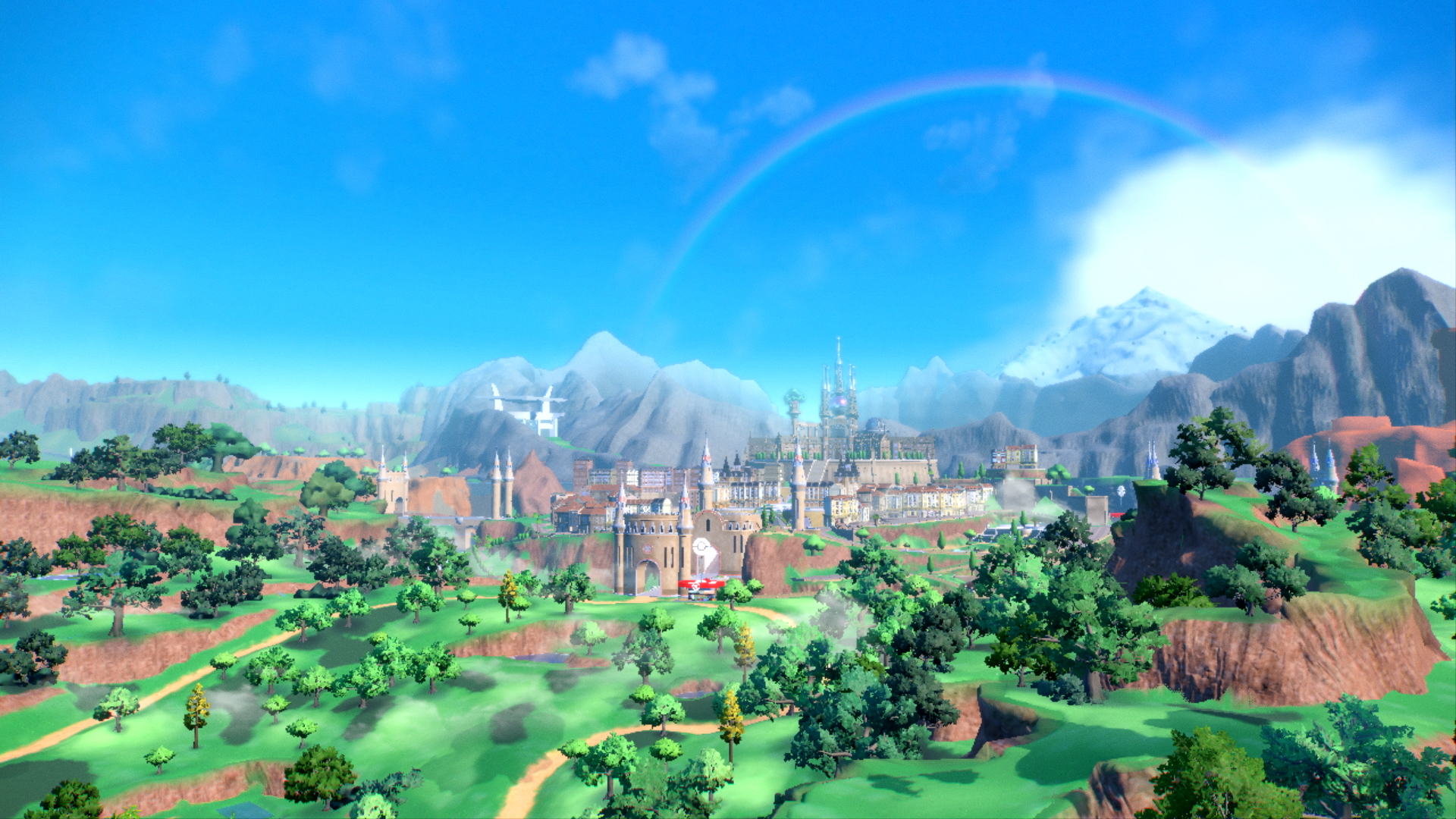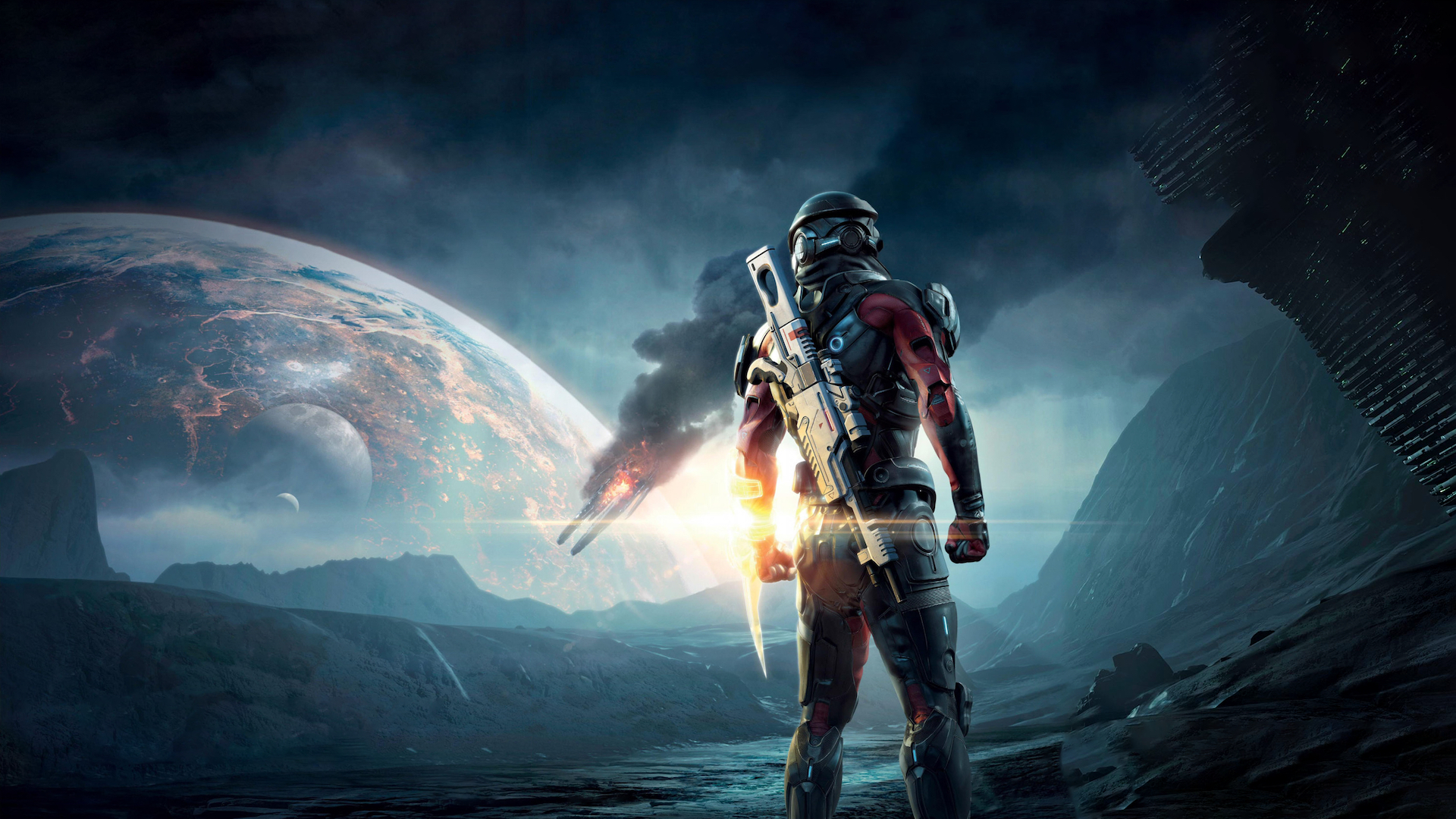Why Do Some Games Release in Such a Buggy State?
In many ways, games are better than they’ve ever been. They’re more ambitious, they look better than ever, they’re larger in scale than they’ve ever been, quality-of-life and accessibility features continue to improve rapidly. As a medium, games have grown a great deal in more ways than one, and to say that we see no evidence of that would be dishonest, to say the least. As ever, though, there’s room for nuance here, because though it’s true that games are bigger and better than ever, in other ways, they also exhibit more crippling issues than they ever have in the past. No, we’re not talking about the many ways the games industry itself has grown deeply unhealthy, from widespread layoffs to ballooning development budgets- we’re talking about the games themselves, and how it seems like we get incredibly buggy (or even downright broken) game releases with alarming frequency.
There has been no shortage of such releases in recent years- prominent AAA titles that launch on the back of months (if not years) of hype and anticipation, only to end up disappointing at least with the technical state they launch in. Many of these games end up fixing themselves overtime, while many are legitimately good games in their own right, even if they have their technical problems- and yet the state in which they launch is almost too egregious (or would have been, if our standards for the technical state of games at launch hadn’t plummeted the way they have over the years).
[embedded content]
Cyberpunk 2077’s disastrous launch in 2020 was a prominent example, with the game being next to unplayable on PS4 and Xbox One, to the extent that not only did the game end up being delisted from the PlayStation Store (until CDPR had fixed it at least a little bit), but CD Projekt even got hit with multiple lawsuits as a result. The Switch generation’s Pokemon games have also been notable instances of horribly unoptimized launches. Pokemon Sword and Shield were problematic, while Scarlet and Violet were downright broken at times- and those games didn’t get too much fixing, either, unlike the aforementioned Cyberpunk 2077.
Last year, we got Starfield, which may have been a relatively more stable game that, say, Fallout 76 was at release (which, incidentally, is yet another example of a major broken launch), but still had a litany of technical issues that dragged the experience down for many. That same year, another flagship Bethesda release in Redfall had its own fair share of similar flaws. Earlier this year, meanwhile, we had Star Wars Outlaws, which may not have been quite as broken as Redfall was, but was woefully unpolished nonetheless, something that Ubisoft itself has admitted to more than a few times, and vowed to address with its next major release, Assassin’s Creed Shadows. Much more recently we also had S.T.A.L.K.E.R. 2: Heart of Chornobyl– though that’s obvious a very unique scenario, with developer GSC Game World having been faced with unprecedented challenges during the game’s development that were obviously completely out of the studio’s control, which, combined with the scale and complexity of the game itself, makes its many bugs and tech flaws much more understandable than in most other cases.
Obviously, no developer wants to release a broken or unpolished game, so why is it that we’re seeing that happen with increasing frequency? As you might imagine, the answer is not a simple one. The reasons are numerous, ranging from self-inflicted problems to external complications, but ultimately, the majority of the factors contributing to this growing epidemic point to systemic issues with the games industry itself, and the direction it continues to head in. Put a pin in that for now though- we’ll be back.
It should go without saying that the existence of bugs in games isn’t inherently unexpected or unreasonable by any means. As a crossroads of art and technology and a melting pot of a multitude of different creative and technical fields, game development is a chaotic beast. When a developer says any game being getting made is nothing short of a miracle, you know they mean it. There’s a thousand different things that can and do go wrong during the process of making a game, which means technical issues and bugs are always going to find their way through, no matter what. And now that games are larger, more complex, and more ambitious than ever, and their development entails more time and larger workforces than ever, the room for error has only grown- so the increase in technically unstable games makes sense from that perspective.
There’s also the fact that the way developers themselves approach a project and its development has changed in fundamental days. Going gold no longer means what it once did. Even after a game has launched, that doesn’t necessarily mean development is over- even for single-player games, and especially for multiplayer ones. Now that developers have the ability to continue polishing and improving a game even after it has released, releasing in a poor technical state no longer seems as final as it once did- because it literally isn’t. The list of games that have launched broken but gone on to redeem themselves with incessant updates and significant, wide-ranging fixes is a longer one, and grows longer by the day- and while the efforts of the developers in those cases deserve to be lauded, there’s just as many (if not many, many more) examples of games that don’t get anywhere close to that sort of post-launch care and attention.
On paper, the fix should be simple enough, right? Developers need more time to polish and optimize their games- so just take more time. Simple enough? If only- because of course, that’s where the ugly commercial constraints o the industry rear their heads. Games might be bigger and more complex than ever, which means they require more time in the oven, and though sometimes they do certainly get more time, more often than not, there’s only so much a publisher is going to delay a game. On some level, that’s obviously, understandable, but things get problematic when publishers end up releasing games that they know are broken and not nearly in the technical condition that they should be- and yet they choose to roll the dice anyway, because more delays would mean more time and money investments.
Then, of course, you have circumstances that vary from project to project, depending on a number of different factors. Take, for instance, the different toolsets that a developer might be working with to make a game, and the complications that that toolset might have inherent to it. We touched on Starfield and the Pokemon games earlier, and both are perfect examples of games that ended up suffering because of the aged aspects and immense tech debts of their respective engines. Similarly, we also see an increasing amount of games built on Unreal Engine 5 (on PC in particular) that suffer from traversal stuttering and shader compilation issues, among other things. Last year’s Star Wars Jedi: Survivor was a prominent example. Previously, we’ve also seen BioWare games struggling on the technical front due to the development issues were brought on by having to work with the Frostbite engine, with both Anthem and Mass Effect: Andromeda having had a litany of such problems.
There’s also the fact that developers often have to work with a wide range of machines, each with their own specs, which means multiplatform games in particular end up having to deal with an exponentially higher number of potential complications. Not only do you have PS5, PS5 Pro, Xbox Series X, Xbox Series S, and the Switch, you also have an infinite range of PC specs to consider as well, while many of the games that are releasing are still cross-gen, which means they have to deal with PS4, Xbox One, and their respective variants as well. Oh, and there’s the Steam Deck, while soon enough, devs will also have the Switch 2 to deal with. It’s a bit much, to be plain. Even in and of itself, this would have been a huge factor, but as we’ve touched on, developing games is a massively complicated task as it is, and throwing this on top only adds more room for error.
Multiplayer games have their own issues to deal with, too. On top of all of the issues of any many AAA production, devs working on multiplayer games have to worry about server issues, because boy do games end up suffering massively from server issues way too often. Just recently, we saw Microsoft Flight Simulator 2024’s launch being completely crippled by its server issues. Earlier in the year, XDefiant had server stability issues at launch. Going back, in 2021, similar problems were high on a long list of critical issues for Battlefield 2042. Even with the biggest, most prominent releases, server issues end up being too common. Smaller developers facing unexpectedly large crowds and having to deal with unforeseen issues is an understandable issue, of course, but when major titles like a new Battlefield game, of all things, can’t figure out how to handle large crowds of players upon release, you have to wonder how things could get to that point.
I’m no game developer, but even from the outside looking in, it’s a little overwhelming. Yes, technology now allows devs to create larger, more ambitious, more detailed, and more complex gaming experiences than ever before, but that also means more margin for error. In and of itself, that isn’t an unexpected problem, obviously. The problem arises, however, when you combine that with the inevitable cuts to time and money investments that in-development projects so often end up having to deal with, because more often than not, that leads to either rushed development, or development being cut short prematurely. Either way, quality assurance suffers, and bugs that otherwise would have ended up getting caught under ordinary circumstances instead wind up in the shipped version of the game.
You do obviously get exceptions. Nintendo, for instance, has made it a habit of sitting on games until they’re ready for release- and I mean truly ready. Super Mario Bros. Wonder’s developers spoke about how they were given virtually endless time and money to get the game just right, while The Legend of Zelda: Tears of the Kingdom had technically gone gold a whole year before release, with Nintendo spending the rest of time just polishing the experience- and the results spoke for themselves with both of those games, each among the best of all time in their respective illustrious franchises. It’s also no coincidence that development budgets for Nintendo games tend to be tighter compared to most western AAA projects, while the technology those projects are working with is also obviously much more outdated compared to most other modern hardware.
First-party Sony games also often exhibit uncanny levels of polish. It’s much more infrequent in this case- we had Helldivers 2’s launch server overcrowding issues, for instance, while The Last of Us Part 1’s PC port was a total disaster not that long ago. But big flagship releases from PlayStation Studios often come with expectations of polish and sheen, which they tend to deliver on. Then again, as recent years have made abundantly clear, a lot of that is made possible by the eye watering amounts of money Sony throws at these big first party projects, which is a major issue that not just Sony, the entire industry needs to address at the earliest. But that’s a different topic.
Ultimately, developers face too many constraints, while it also doesn’t help that too many of them are unwilling to scale back their projects and tackle something that would invite less trouble from a development perspective. Something obviously needs to give, because this current model is only going to remain sustainable for so long. Ultimately, we’re going to get to a breaking point, where standards for the optimization and the technical health and stability of a game upon release are completely on the floor- and it won’t be pretty, to put it mildly. Hopefully, the industry course corrects before it gets to that point.
Note: The views expressed in this article are those of the author and do not necessarily represent the views of, and should not be attributed to, GamingBolt as an organization.






Comments are closed.